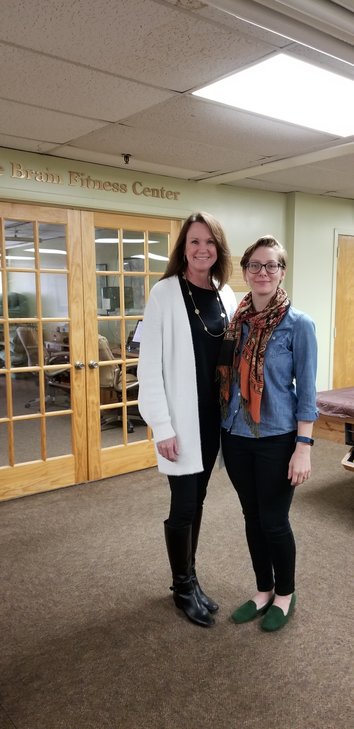Making Glen Cove count
Local leaders push for more census participation in 2020
When Kathie Flynn became the director of the Glen Cove Public Library in 2012, she wanted to do everything she could to serve the community. In order to get an accurate picture of the city, Flynn did what most organizations and agencies do — she looked at the data from the latest U.S. census.
The census is a once-a-decade snapshot of the U.S., which determines how congressional seats are divided and how more than $675 billion in federal and state funds are allocated. The census also serves as an important source of information for businesses, schools, researchers and journalists.
According to the 2010 numbers, about 65 percent of Glen Covers responded to the census, nearly 10 percentage points less than the national average, a fact that shocked Flynn and pushed her to act.
For the past year, she has served as president of the Inter-Agency Council of Glen Cove, a nonprofit made up of 48 local agencies with the mission of delivering services to community members. At the IAC’s meeting on Nov. 13, members spoke with Samantha Pfaff of the Central American Refugee Center in Hempstead, about increasing participation in the census.
“We want to help boost that number,” Flynn said. “Glen Cove is undercounted, and that hurts our city.”
Spiro Tsirkas, vice president of the IAC, explained that it sought assistance from the refugee center to help reach the city’s Latino immigrants, who are less likely to participate in the census because of the current political climate. Several Latino residents in Glen Cove said they were wary of taking part and giving out their personal information after President Trump began pushing for a citizenship question on the census last year. Although the U.S. Supreme Court ruled against such a question on the 2020 census, Alberto Munera, executive director of La Fuerza Unida Inc., a local nonprofit that provides legal services to Latinos, said that people were still afraid of participating in government-run programs.
“I’m afraid the Latino population will be undercounted this time,” Munera said. “Not even we know how many Latinos are in the community, and we’re the ones who help this population.”
Tsirkas added that because the allocation of billions of dollars depends on information from the census, it affects all facets of the city, including schools, hospitals, fire departments, affordable housing programs and infrastructure. The IAC, Tsirkas said, needs to emphasize the importance of the census to residents and explain that the process is safe.
“People need to know that they’re not being targeted over their race,” Tsirkas said. “It’s just to get the right info.”
Flynn, who has been learning about the upcoming census since attending workshops in March, said that residents would be able to get help at the library. It will set aside a computer for those who want to fill out the census online, as well as a phone line for those who want to complete it over the phone. While the online form is available only in English and Spanish, the phone-in option has more than 12 languages available.
Glen Cove City Hall is also promoting participation in the census. At a City Council meeting on Nov. 26, the city invited Rossana Weitekamp, a partnership specialist for the U.S. Census Bureau, to give a presentation on the upcoming census.
Weitekamp said that the bureau had begun collecting addresses from the U.S. Postal Service in preparation. The census effort will hit the city in waves, she said, starting in mid-March, when residents will receive a letter in the mail about the census and how they can complete it online or by phone. If they don’t do so by April, they will receive a full census form to fill out and mail back. Those who still don’t respond are scheduled for non-response follow-ups and will be visited by enumerators starting in May until the end of July. Census officials estimated that 40 percent of the 2020 count will be completed by door-to-door enumerators.
“All your information is confidential,” Weitekamp said. “There is a $250,000 fine, and people can face five years in prison if your information is disclosed. We take your privacy seriously.”
Glen Cove Mayor Timothy Tenke and Weitekamp agreed to hold bilingual information sessions about the census before March.
Flynn said she believed that in order for people to trust the census, they needed to be told about it by people they trust, which is why she wants to work with local places of worship to set up 20 laptops from the library for residents to complete the census while in the company of trusted acquaintances in a comfortable environment.
When Flynn started researching the census in 2012, she was shocked that Glen Cove was undercounted, but also discovered that nearly 30 percent of residents who completed the 2010 census spoke Spanish at home. So she gave the library’s part-time bilingual librarian a full-time job, and they introduced a number of successful programs for Spanish-speaking residents. Flynn noted that the library has also helped 19 people pass the citizenship exam thanks to one of those programs.
“Through our ties in the community, the IAC can get the word out about the benefits of the census,” she said. “It’ll help us connect with each other now, and it’ll help us for the next 10 years.”

 49.0°,
Fair
49.0°,
Fair 




